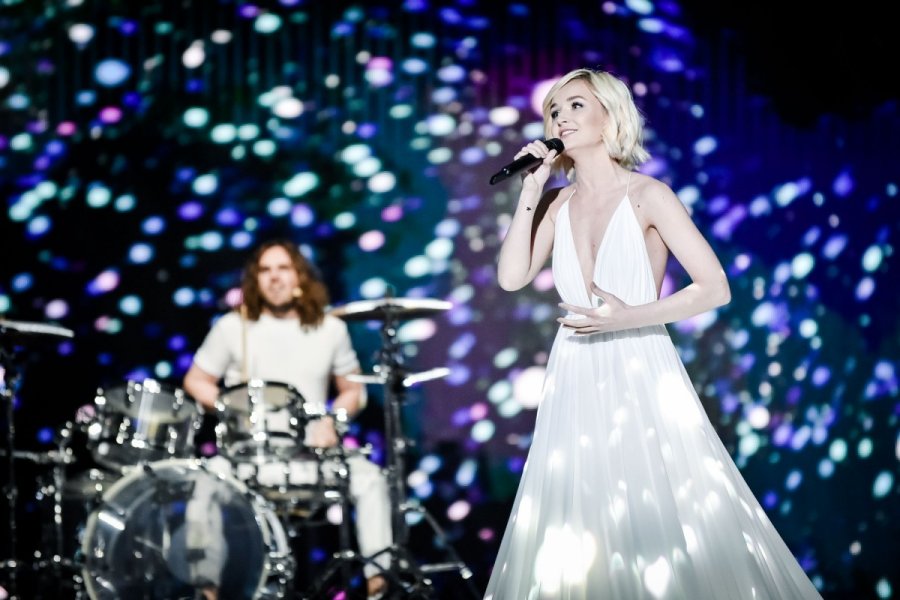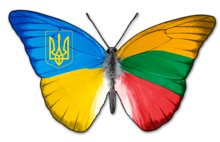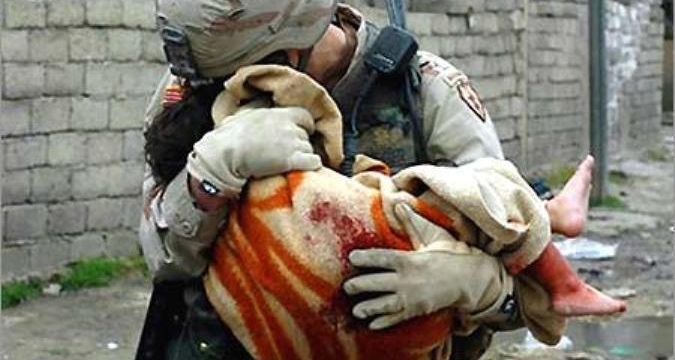Original article was written by Lidžita, Lithuanian blogger and hereby translated to English by Albina Griniūtė.
War at our doorstep, or what we are calling for
At the beginning of the war in Ukraine, a friend of mine and me were talking about how most Europeans have no idea what it is and how real it is. And not just in Ukraine. In Lithuania. In Germany. Throughout the whole of Europe.
The succession of events made it clear that even now, more than a year after that dreadful time, the attitude of most people is still the same.
The last event that made it clear most Europeans do not realize they are standing on a doorstep of WWIII was the popular Eurovision song contest where the Russian entry won an honorable second place.
Russia found a way how to use it to justify its aggression and encourage its citizens to believe that to slaughter a brotherly nation is normal and even praiseworthy.
“Congratulations to Polina Gagarina for her undisputed success and to Russia for the successful Europe-wide referendum where it was demonstrated which place, according to ordinary citizens of European countries, Russia should hold. In my opinion, both the politicians and the European media should listen to the “Million Voices” (title of P. Gagarina’s song) of their citizens. They are calling for normal relations with Russia”, wrote Konstantin Kosachev on his Facebook page.
So, what was “just a song” for an ordinary German, an ordinary Russian understood as a message saying “we are supported by the whole of Europe”. Is it still necessary to explain what message was transmitted by „Million voices“ and what message Russia received back?

I don’t give a damn if she sings well because only a madman can represent a country that occupies another, and shriek “Praying for peace and healing” while wearing a white dress.
Without a doubt, Gagarina was a symbol. A symbol of Russian PR and limitless naïveté. A symbol of aggression represented as peace. Of violence covered in faux tenderness. Of Russia – in the true sense of the word.



